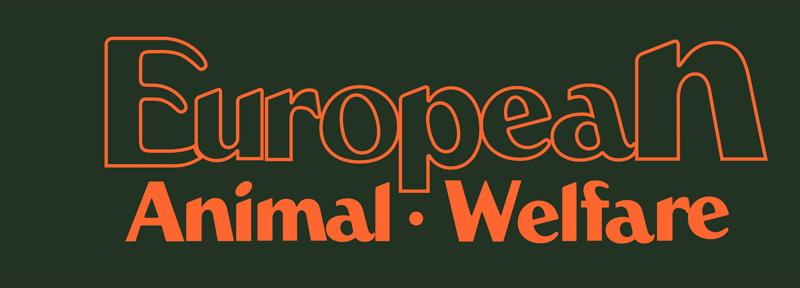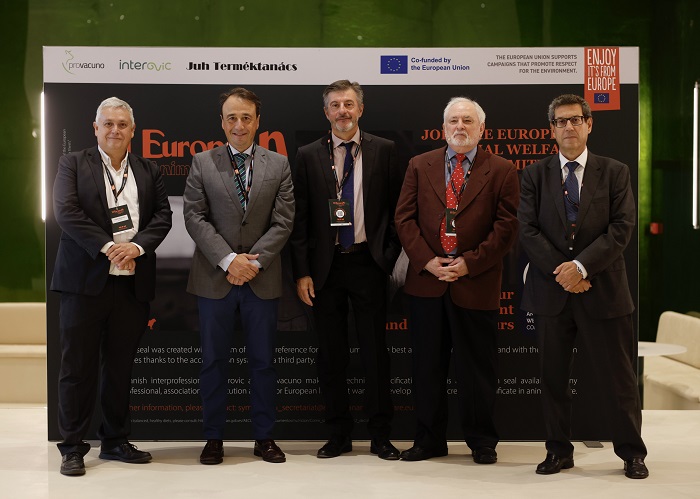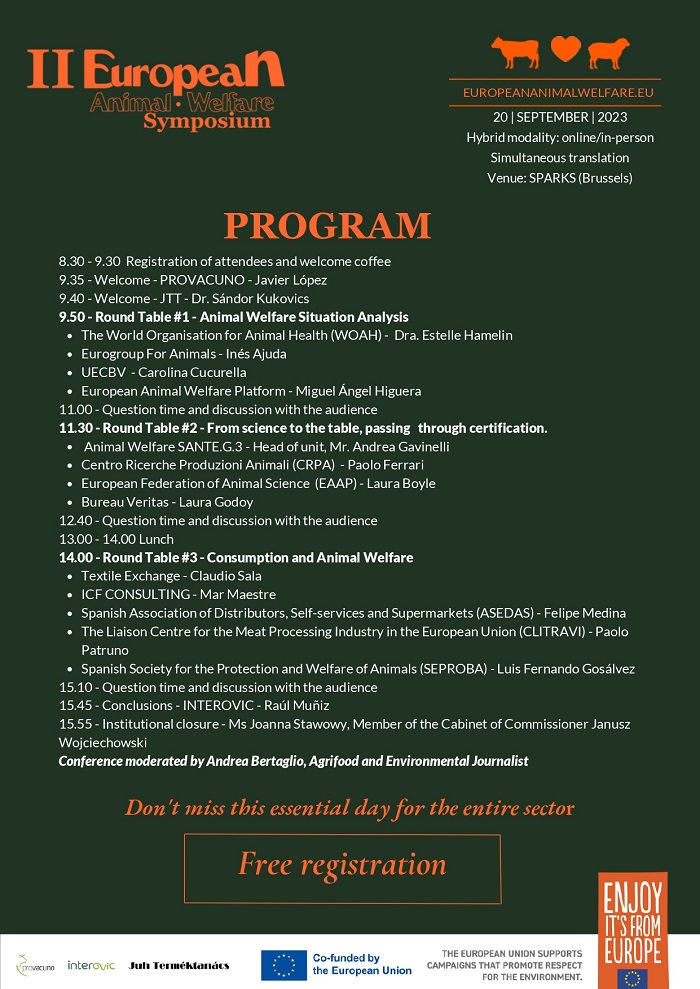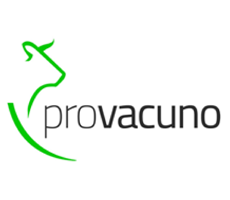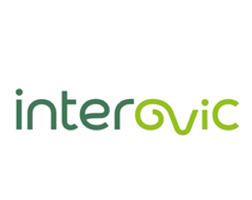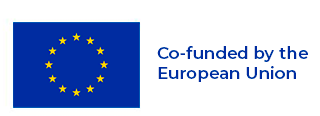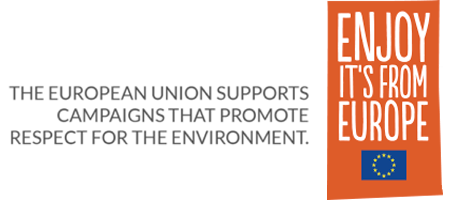The Spanish interprofessional association representing the beef industry, PROVACUNO, and two interprofessional associations representing the sheep and goat meat industry, JTT in Hungary and INTEROVIC in Spain, organised a symposium in Brussels within the framework of the programme to promote “European Animal Welfare”, co-financed with European funds.
The meeting was attended by international representatives from different institutional, academic, associative and productive sectors, as well as members from different links in the chain.
The organisers were delighted with the success of this event and the turnout it attracted. More than 730 people registered, taking part both online and in person, from more than 25 nationalities represented by official organisations, companies, associations, cooperatives, non-profit organisations, technicians, researchers, and interprofessional associations as well as experts and members of the permanent representations of several Member States of the European Union.
This one-day event featured three round-table discussion panels with experts from the World Organisation of Animal Health (WOAH), the European Animal welfare Platform, the European Federation of Animal Science (EAAP), COPA-COGECA, UECBV, Centro Ricerche Produzioni Animali (CRPA), Bureau Veritas, Textile Exchange, ICF Consulting, ASEDAS, The Liaison Centre for the Meat Processing Industry in the European Union (CLITRAVI), the Spanish Society for Animal Protection and Welfare (SEPROBA) and the SANTE G3: ANIMAL WELFARE Unit.
During these discussions, moderated by the industry journalist Andrea Bertaglio, the experts had the opportunity to share ideas, exchange opinions and join forces to try and reconcile the wishes and aspirations of citizens with the maximum guarantees and reliability that certifications in Animal Welfare can offer.
For Raúl Muñiz, president of Interovic, this Symposium has generated “very important reflections on European animal welfare and how there is still room for improvement, but all this must be accompanied by the commitment and recognition of the consumer through their consumption choices, otherwise, the difficulty of transferring the costs associated with new Animal Welfare requirements jeopardises the continuity and viability of the sector.”
Javier López, managing director of Provacuno, wanted to highlight the importance of promotion programmes co-financed with European funds, which have become “an essential tool to inform about the reality of a sector committed to animal welfare, environmental sustainability and social and territorial cohesion in Europe.” In addition, López stressed “these European promotion programmes allow us to organise high quality symposiums on a large scale, such as the one held in Brussels, and their continuity is vital for the European meat sector.
For his part, the managing director of JTT, Sandor Kukóvikcs, called for “greater efforts to make European citizens recognise and understand the effort involved in producing the safest, highest quality food products that lead the world in terms of respecting animal welfare”. He also requested that the new rules be “capable of responding to everyone, consumers and producers”, without forgetting the difficulties that this entails for the sector and the effort that it has to make every day.
A European event with a vision of international openness and dialogue.
The event included three roundtable discussions during which interesting conclusions were reached for the future of animal welfare in the sector, not only in the European Union, but also in terms of their transfer and adaptation to third countries.
During the first discussion, the experts analysed the current animal welfare situation and provided their vision of the efforts being made around the world to contribute to its improvement, arguing the importance of interconnections between countries, interprofessional associations and legislators to promote animal welfare, whilst highlighting the need for the consumer to value the effort and passion contributed every day by farmers as well.
During the second discussion, which tackled the importance of accredited certification and the need to reconcile and interconnect science and production to an even greater degree, the head of the Animal Welfare unit SANTE.G.3, Andrea Gavinelli, made a commitment to dialogue and to the need to harmonise in order to achieve appropriate and effective legislation that reconciles the views of the different parties involved.
The third and final roundtable discussion of the day concluded by analysing the relationship between the consumer, animal welfare and production, and how accredited certifications can reconcile all interested parties and do so globally, as is the case with the Textile Exchange certification, which opened this last debate at the Symposium.
“Labelling is a solution” for the consumer.
The day’s proceedings were brought to a close by Ms. Joanna Stawowy, cabinet member of the European commissioner for Agriculture Janusz Wojciechowski, who advocated a “political exercise” in the coming years to improve the current state of the sector and promote such events. “We have an opportunity for dialogue between all parties,” she concluded.
The organisers of the Symposium stated that in the coming days a recording of the day will be made available on the event page. For more information, go to http://www.bienestaranimaleuropeo.com/simposio
